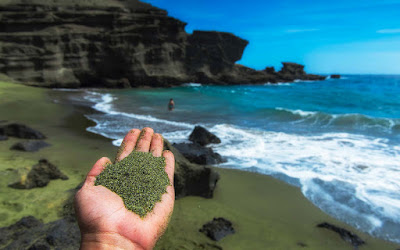Introduction:
Embarking on the journey of nurturing plants is akin to cultivating dreams. Every gardener or plant enthusiast knows the thrill of watching a cutting develop roots and flourish into a thriving plant. To enhance this process, rooting hormones play a pivotal role. While commercial options are available, crafting your own homemade rooting hormone offers a personalized touch and a sustainable approach. In this guide, we unveil six powerful and cost-effective recipes, along with their ingredients, concentrations, and benefits, to help your cuttings flourish with vitality.
1. Cinnamon Elixir:
Ingredients:
1 tablespoon ground cinnamon.
1 cup water.
Concentration and Application:
Boil the water and stir in the cinnamon. Let it cool and strain. Apply to cuttings by dipping or spraying.
Benefits:
Cinnamon possesses natural antifungal properties that help protect delicate cuttings from diseases while stimulating root growth.
2. Aloe Vera Solution:
Ingredients:
2 tablespoons aloe vera gel.
1 cup water.
Concentration and Application:
Mix the aloe vera gel with water thoroughly. Use it to soak the base of the cuttings before planting.
Benefits:
Aloe vera contains enzymes and hormones that foster root development, alongside its moisturizing and protective qualities.
3. Honey Blend:
Ingredients:
1 tablespoon honey.
2 cups water.
Concentration and Application:
Dissolve honey in water, ensuring it's well-mixed. Dip the cuttings in the solution before planting.
Benefits:
Honey's natural sugars provide energy for rooting while its antibacterial properties aid in preventing infections.
4. Willows' Wisdom:
Ingredients:
1 cup willow branches (with leaves).
3 cups water.
Concentration and Application:
Chop willow branches, boil them in water, and let the mixture steep overnight. Strain before use.
Benefits:
Willow branches contain indolebutyric acid, a natural rooting hormone, which encourages rapid root development.
5. Aspirin Elation:
Ingredients:
1 aspirin tablet (uncoated).
1 gallon water.
Concentration and Application:
Crush the aspirin tablet and dissolve it in water. Use it for watering the plants.
Benefits:
Aspirin contains salicylic acid that promotes root growth, enhances plant immunity, and aids in stress recovery.
6. Cinnamon Honey Fusion:
Ingredients:
1 tablespoon honey.
1 tablespoon ground cinnamon.
1 cup water.
Concentration and Application:
Mix honey and cinnamon in water, ensuring even distribution. Use as a soak or spray for cuttings.
Benefits:
This blend combines the benefits of both cinnamon and honey, offering a well-rounded solution for rooting stimulation and protection.
Conclusion:
Empower your gardening journey with these remarkable homemade rooting hormone recipes. As you delve into the world of natural ingredients, you'll not only witness the magic of root development but also contribute to a more sustainable and harmonious relationship with your plants. Experiment, adapt, and watch as your cuttings flourish into thriving new life.









